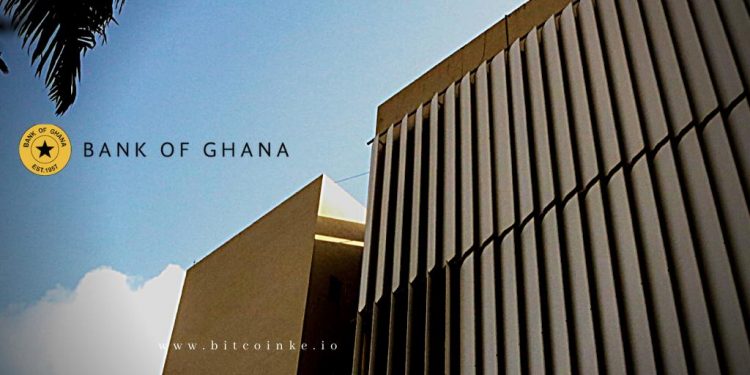The Central Bank, while commending the G20 for the support given low-income and emerging market economies by way of implementing the Debt Service Suspension Initiative (DSSI) to help such economies tackle the Covid-19 pandemic, has expressed concerns over the initiative.
According to the Central Bank, the pandemic would leave behind medium to long term fiscal and financial shocks to low-income and emerging markets as risk perception levels of such economies remain high and above pre-Covid levels.
The Central bank posits that, more would be required from the G20 and other multilateral creditors in dealing with the medium to long term fiscal shocks.
The Debt Service Suspension Initiative (DSSI), launched by the G20, in the wake of the Covid-19 pandemic was to provide additional resources for the world’s
poorest and developing countries to mitigate the impact of pandemic.
External debt service payments in excess of $11.5 billion has been frozen by the G20 until the end of 2020.
But in a webinar discussing debt sustainability of low-income and emerging market economies, First Deputy Governor of the Central Bank, Dr Maxwell Opoku-Afari, noted that the DSSI by the G20 presented some challenges to such economies.
According to him, the DSSI first of all will adversely impact market access countries – countries with access to international capital markets – as it may send wrong signals about the country’s credit worthiness leading to potential loss of market access in the medium to long term.
The First Deputy Governor also noted that restrictive conditionalities associated with the DSSI may hurt countries accessing the DSSI since they will have to comply with the IMF/World Bank ceilings on non-concessional borrowing.
Another challenge of the DSSI Dr Opoku-Afari pointed out was the potential unintended legal ramifications from possible contravention of some of the legal clauses/agreement.
Speaking on the way forward, the Deputy Governor stated that while efforts at mobilizing funds to support emerging economies by multilateral and bilateral creditors is welcome – as these will help meet present critical social spending needs at reasonable cost – a more enduring support should include investor interest in impactful infrastructural projects that would enable the economies expand to the capacity of generating higher sustainable and equitable growth.
This, he argues, is one of the channels the international community can support fiscal sustainability in low-income economies and developing countries like Ghana.
“Finally, perhaps crucially, it is important for these economies to be supported to strengthen and implement reforms aimed at dismantling bottlenecks
in domestic revenue mobilization and administration, define a feasible fiscal adjustment plan to stabilise debt in the medium term. Support transparency in debt statistics, ensure sustainable lending and borrowing and improve the capacity of domestic financial institutions to support domestic productive capacity,’ he added.








